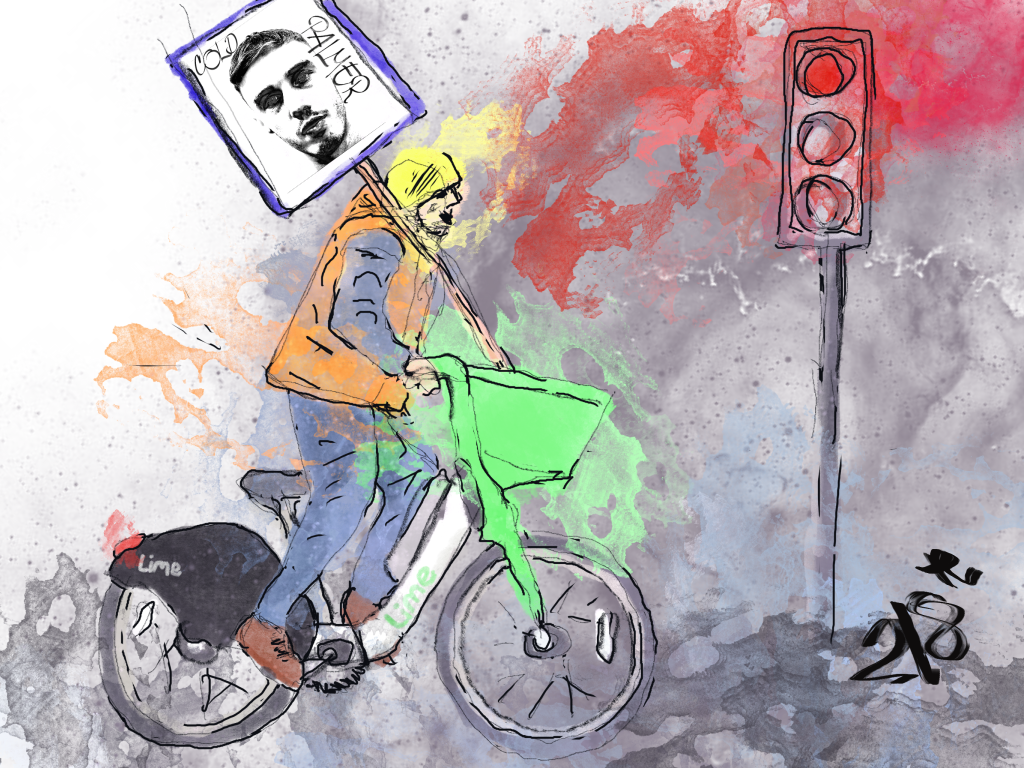
tech IP AI Talent Brands
The UK Has No Image Rights Law. Cole Palmer's Trade Mark Just Proved Why That's a Problem
Cole Palmer's decision to trade mark his face signals a new era for UK image rights, where identity itself is becoming IP in need of modern legal protection
READ TIME:
2 mins

The UK has 𝗻𝗼 𝗱𝗲𝗱𝗶𝗰𝗮𝘁𝗲𝗱 𝗶𝗺𝗮𝗴𝗲 𝗿𝗶𝗴𝗵𝘁𝘀 𝗹𝗮𝘄.
But AI can already clone your face, your voice, your gestures. In seconds.
Cole Palmer just trade marked his face to commercialise and protect his digital likeness.
It’s a signal: 𝗶𝗱𝗲𝗻𝘁𝗶𝘁𝘆 𝗶𝘁𝘀𝗲𝗹𝗳 𝗶𝘀 𝗻𝗼𝘄 𝗶𝗻𝘁𝗲𝗹𝗹𝗲𝗰𝘁𝘂𝗮𝗹 𝗽𝗿𝗼𝗽𝗲𝗿𝘁𝘆.
When technology moves faster than the law, the law starts to look like fiction.
The Chelsea and England international, has become the first UK athlete to register his face, signature, nickname, and goal celebration as trade marks.
It’s more than a branding play. It’s a legal milestone.
While names and logos have long been protected ('CR7'), Palmer’s filings expand the definition of what can be owned:
✅ gestures
✅ movement
✅ likeness
All within entertainment and digital contexts, from gaming and metaverse assets to AI twins and avatars.
With the rise of AI generated videos doing the rounds (𝘚𝘵𝘦𝘱𝘩𝘦𝘯 𝘏𝘢𝘸𝘬𝘪𝘯𝘨 deefakes and 𝘛𝘪𝘭𝘭𝘺 𝘕𝘰𝘳𝘸𝘰𝘰𝘥) this is becoming less of an industry issue and more societal and ethical one.
Expect to see a spike in activity of well-known celebrities, models, athletes, and talent following suit. In fact, it’s already happening.
𝗧𝗵𝗲 𝗽𝗿𝗼𝗯𝗹𝗲𝗺?
The UK still has no clear statutory image right.
We rely on a patchwork of outdated laws:
1️⃣ 𝗣𝗮𝘀𝘀𝗶𝗻𝗴 𝗼𝗳𝗳 — limited by goodwill and misrepresentation. You need to be 'known'
2️⃣ 𝗣𝗿𝗶𝘃𝗮𝗰𝘆 — applies only to private images
3️⃣ 𝗗𝗮𝘁𝗮 𝗽𝗿𝗼𝘁𝗲𝗰𝘁𝗶𝗼𝗻 — slow, reactive, inconsistent
4️⃣ 𝗖𝗼𝗽𝘆𝗿𝗶𝗴𝗵𝘁 — protects the photo, not the person
Meanwhile, AI can generate a “𝘆𝗼𝘂” that never existed.
As identity becomes a form of digital property, the question is no longer if the law will evolve, but how fast it can catch up.
Would a statutory image right finally give individuals control over their likeness in the digital age?
Or would it risk overreaching into creativity, journalism, and satire?
Or should existing laws be updated for digital likenesses, extending 𝘱𝘦𝘳𝘧𝘰𝘳𝘮𝘦𝘳𝘴' 𝘳𝘪𝘨𝘩𝘵𝘴 to synthetic faces and clarifying data laws in this area.
If identity has become a form of IP, how long before Parliament treats it as such.
Where should the balance sit?
By Jack Jones
Published October 2025